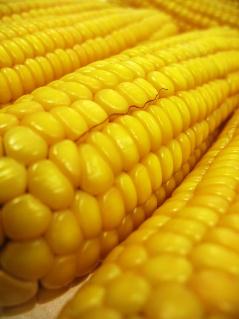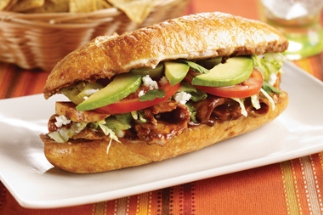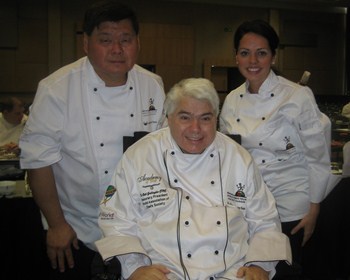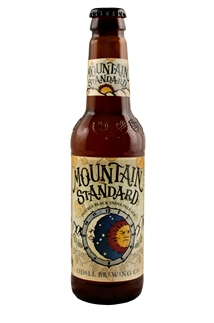50-Minute Classroom: Teaching Food Costs
Wednesday, 30 November 2011 19:00
 Contrary to what students might think, life is not like “Hell’s Kitchen,” where food can be discarded with abandon. Here are eight easy and effective ways to teach basic food-cost principles that will serve your students well.
Contrary to what students might think, life is not like “Hell’s Kitchen,” where food can be discarded with abandon. Here are eight easy and effective ways to teach basic food-cost principles that will serve your students well.
By Adam Weiner, CFSE
I believe that for our students to climb the kitchen ladder of success, it is important to teach them not only also how to cook well, but how to think like a chef. One thing that has always been at the forefront of chefs’ minds throughout the centuries is food costs. In today’s world, food costs, more than ever, can make or break a commercial establishment. (Even if you are only teaching a class to teach people how to cook at home, food costs are still critically important, since food is a very large part of a household budget.)

 The truth about GMOs.
The truth about GMOs. SandwichPro.com offers new on-trend sandwich-making demos.
SandwichPro.com offers new on-trend sandwich-making demos. The president of the American Culinary Federation led an entourage of U.S. chefs to partake in and contribute their talents to the Bidvest World Chefs Tour Against Hunger in South Africa in August.
The president of the American Culinary Federation led an entourage of U.S. chefs to partake in and contribute their talents to the Bidvest World Chefs Tour Against Hunger in South Africa in August. One of the industry’s earliest trends forecasts for next year predicts we’ll say hello to sheep’s-milk cheese and local beers and goodbye to “molecular gastronomy” and “foodie.”
One of the industry’s earliest trends forecasts for next year predicts we’ll say hello to sheep’s-milk cheese and local beers and goodbye to “molecular gastronomy” and “foodie.”